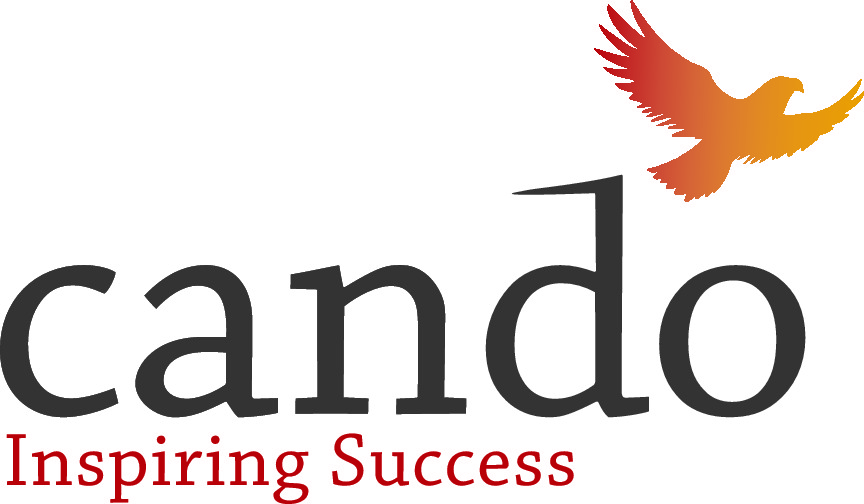Indigenous Conceptions of Well-Being: Rejecting Poverty, Pursuing Mino-Bimaadiziwin
DOI:
https://doi.org/10.29173/jaed387Keywords:
Action research, Business And Economics, Committees, Community, Community health, Cultural differences, Ethnic Interests, Indigenous peoples, Intervention, Low income groups, Native North Americans, Poverty, Quality of life, Social sciences, Welfare benefits, Well being, Medicine Wheel, Indigenous, Indigenous economic development, Indigenous economic leadership, Indigenous economy, Indigenous cultureAbstract
According to conventional metrics, such as the low-income cut-off and social assistance rates, Indigenous peoples in Canada have disproportionately high levels of poverty. But what does poverty mean from an Indigenous perspective? Drawing on data from the Poverty Action Research Project (PARP) - a five-year partnership between academic researchers, the Assembly of First Nations, and five First Nations communities in different regions of Canada seeking to reduce poverty and improve community health - this paper examines the relational and subjective aspects of poverty and well-being. Our analysis of PARP communities' discussions of poverty and actions to address it suggests that poverty is seen through the lens of what the Anishinaabek call Mino-Bimaadiziwin, which describes "living well" in a holistic, multidimensional, and community-centered sense. Interventions to address poverty therefore would be better framed as initiatives to enable the pursuit of a good life, as Indigenous people understand it, and must consider not only the economic impacts, but also the interrelated environmental, political, intellectual, social, emotional, spiritual, and cultural dimensions.
Downloads
References
Albo, Xavier. (2011). « ‘Vivre bien’ en tant que catalyseur de nombreuses inquiétudes ». Guide pour la présentation au Conseil indigéniste missionnaire (CIMI), Brasilia.
Albo Xavier. (2012). « Le nouveau paradigme indigène de ‘vivre bien’ ». Présentation orale au colloque Pauvreté quotidienne, pauvreté planétaire, Forêt Montmorency, Québec, 19 avril.
Alkire, Sabine. (2007). “The Missing Dimensions of Poverty: An Introduction”. Oxford Poverty & Human Development Initiative. [http://www.ophi.org.uk/wp-content/uploads/OPHIwp00.pdf?0a8fd7]
Alkire, Sabina, & Santos, Maria Emma. (2010). “Brazil: Country Briefing”. Oxford Poverty & Human Development Initiative Multidimensional Poverty Index Country Briefing Series. [http://www.ophi.org.uk/wp-content/uploads/Brazil.pdf]
Anderson, Charmel. (2017, May 22). “Eabametoong First Nations donates $10,000 to Shelter in Thunder Bay”. CBC News. [http://www.cbc.ca/news/canada/thunder-bay/eabametoong-donation-shelter-house-thunder-bay-1.4124758]
Anderson, Jeanine. (2017). « Racines et persistance de la pauvreté urbaine au Pérou ». In Gérard Duhaime et Roberson Édouard (eds.), Pauvreté quotidienne, pauvreté planétaire (pp. 259–289). Montreal: Nota Bene.
Assembly of First Nations (AFN) Make Poverty History Expert Advisory Committee. (2009). “The State of the First Nation Economy and the Struggle to Make Poverty History”. Paper prepared for the Inter-Nation Trade and Economic Summit, Toronto, Ontario. [http://abdc.bc.ca/uploads/file/09%20Harvest/State%20of%20the%20First%20Nations%20Economy.pdf]
Bartlett, Cheryl, Murdena Marshall, and Albert Marshall. (2012). “Two-Eyed Seeing and Other Lessons Learned within a Co-learning Journey of Bringing Together Indigenous and Mainstream Knowledges and Ways of Knowing”. Journal of Environmental Studies and Sciences, 2(4): 331–340.
Bellier, Irène. (2009). « Usages et déclinaisons internationales de l’ ‘autochtonie’ dans le contexte des Nations unies ». In Natacha Gagné, Thibault Martin et Marie Salaun (Eds.), Autochtonies : vues de France et du Québec (pp. 75–92). Québec: Les Presses de l’Université Laval; Dialog, le réseau de recherche et de connaissances relatives aux peuples autochtones.
Benjamin, Melanie. (2014). “Bimaadiziwin: Living a Good Life”. 2014 State of the Band Address, Mille Lacs Band of Ojibwe, February 11. [http://millelacsband.com/district_news/bimaadiziwin-living-good-life/]
Booth, David, Leach, Melissa, & Tierney, Alison. (1999). Experiencing Poverty in Africa: Perspectives from Anthropology, Background Paper No. 1(b) for the World Bank Poverty Status Report 1999, Final Draft, Apr 1999. [http://www.odi.org.uk/sites/odi. org.uk/files/odi-assets/publications-opinion-files/6168.pdf].
Brant Castellano, Marlene. (2011). “Elders’ Teachings in the Twenty-First Century: A Personal Reflection.” In David Long and Olive Patricia Dickason (eds.), Visions of the Heart: Canadian Aboriginal Issues, 3rd edition (pp. 35–54). Don Mills, ON: Oxford University Press.
Brunetaux, Patrick, et Terrolle, Daniel. (Eds.). (2010). L’arrière-cour de la mondialisation : Ethnographie des paupérisés. France : Éditions du Croquant.
Canadian Institutes of Health Research, Natural Sciences and Engineering Research Council of Canada and Social Sciences and Humanities Research Council of Canada. (2010). Tri-Council Policy Statement: Ethical Conduct for Research Involving Humans. Ottawa: CIHR, NSERCC, SSHRSS.
Cornell, Stephen. (1987). “American Indians, American Dreams, and the Meaning of Success”. American Indian Culture and Research Journal, 11(4): 59–70.
Dockstator, Jennifer S., et al. (2017). “Pursuing Mutually Beneficial Research: Insights from the Poverty Action Research Project”. Engaged Scholar Journal, 2(1): 17–38.
Douglas, Mary. (2004). “Traditional Culture”. In Vijayendra Rao & Michael Walton (Eds.), Culture and Public Action, pp. 85–109. Stanford, CA: Stanford University Press.
Duhaime, Gérard. (2017). « Vers une approche intégratrice de la pauvreté ». In Gérard Duhaime et Roberson Édouard (Eds.), Pauvreté quotidienne, pauvreté planétaire. Montréal: Nota Bene.
Duhaime, Gérard, & Édouard, Roberson. (2015). “Monetary Poverty in Inuit Nunangat”. Arctic, 68(2): 223–232.
Fréchet, Guy, Gauvreau, Danielle, et Poirier, Jean. (Eds.). (2011). Statistiques sociales, pauvreté et exclusion sociale (pp. 21–31). Montréal : Presses Université de Montreal (PUM).
Gaboriau, Patrick, et Terrolle, Daniel (Eds.). (2003). Ethnologie des sans-logis: Étude d’une forme de domination sociale. Paris : L’Harmattan.
Gelot, Didier. (2011). « La mesure de la pauvreté ». Alternatives Économiques, No 304, juillet–août: 80–83.
Valladares, Licia. (2006). La Favela d’un siècle à l’autre. Paris : Éditions de la maison des sciences de l’homme.
Vogt, David. (2014). “Medicine Wheels of the Great Plains”. In Clive L.N. Ruggles (Ed.), Handbook of Archaeoastronomy and Ethnoastronomy (pp. 541–550). New York: Springer.
Wright, Lisa. (2014, February 20). “Ring of Fire must be a national priority: report”. Toronto Star. [https://www.thestar.com/business/economy/2014/02/20/ring_of_fire_must_be_a_national_priority_report.html]
Downloads
Published
Issue
Section
License
Copyright (c) 2017 Cando

This work is licensed under a Creative Commons Attribution-NonCommercial-NoDerivatives 4.0 International License.




